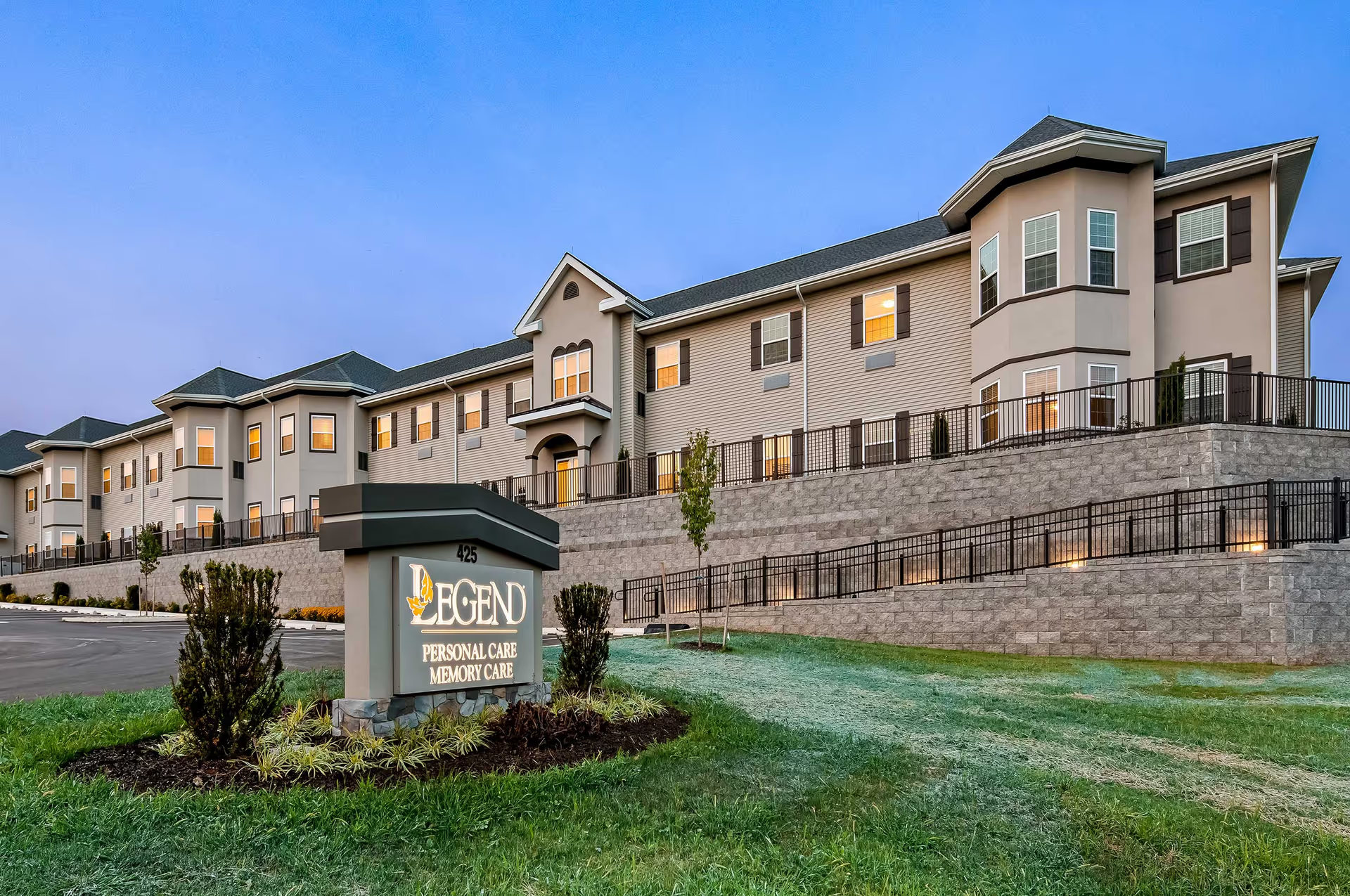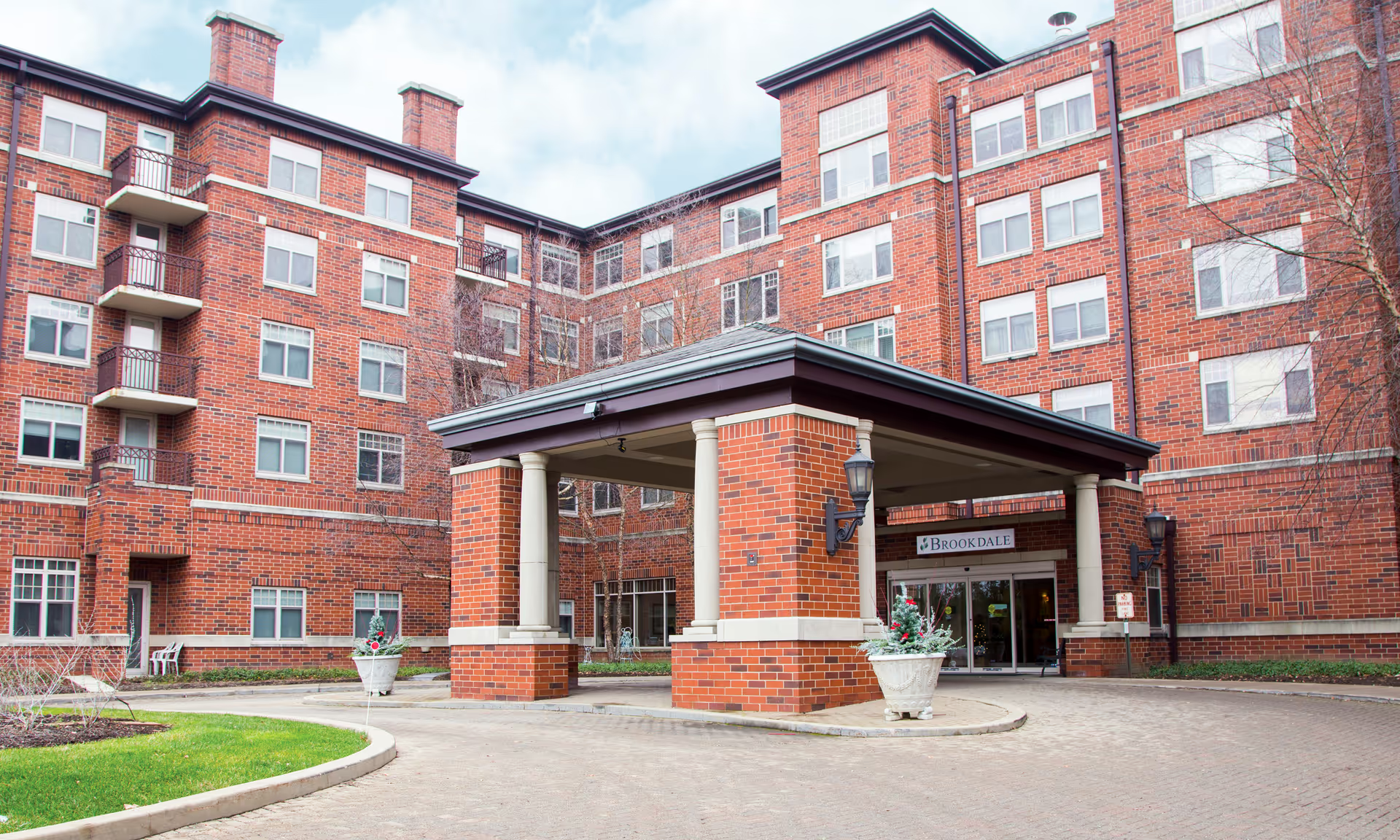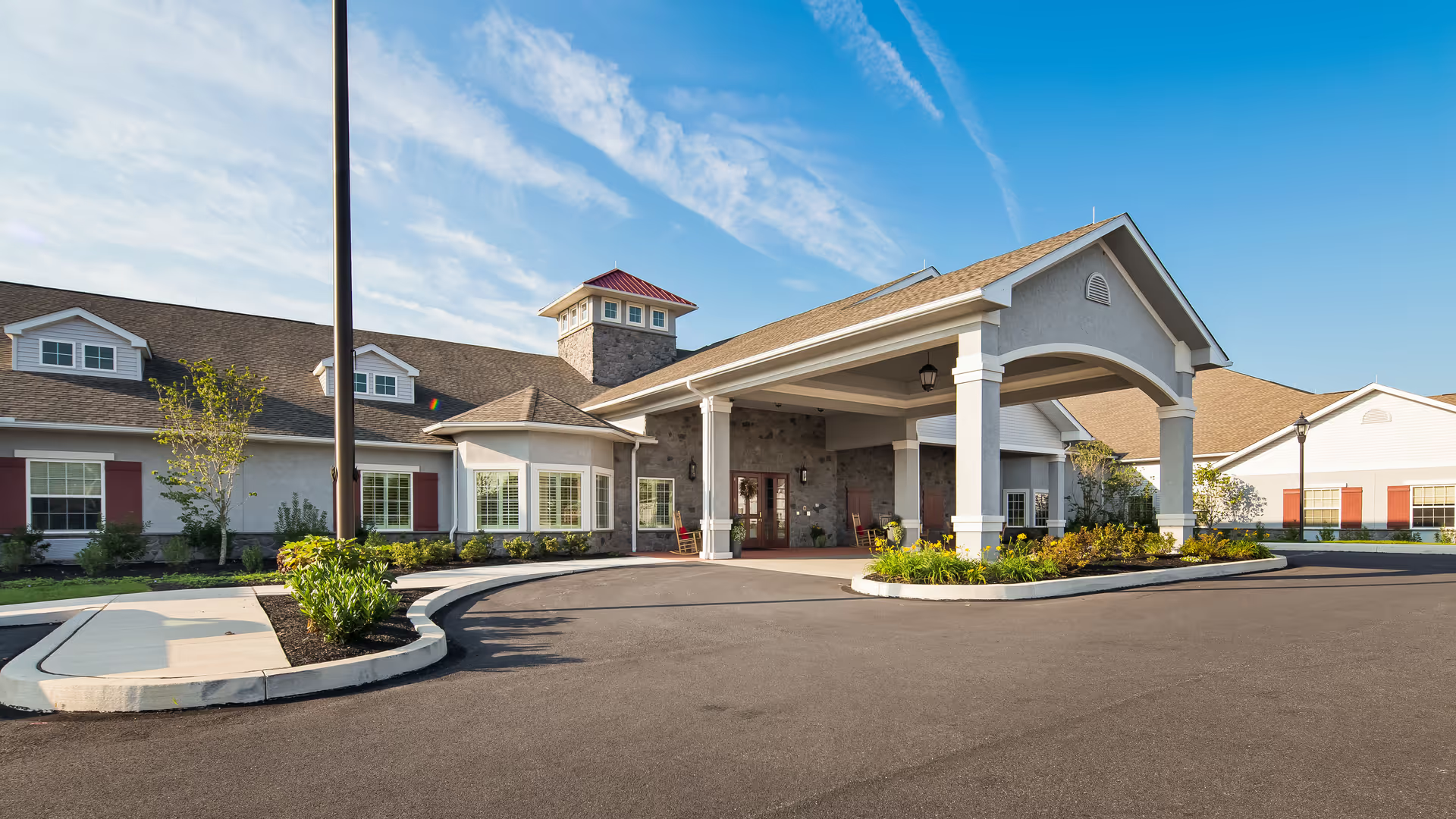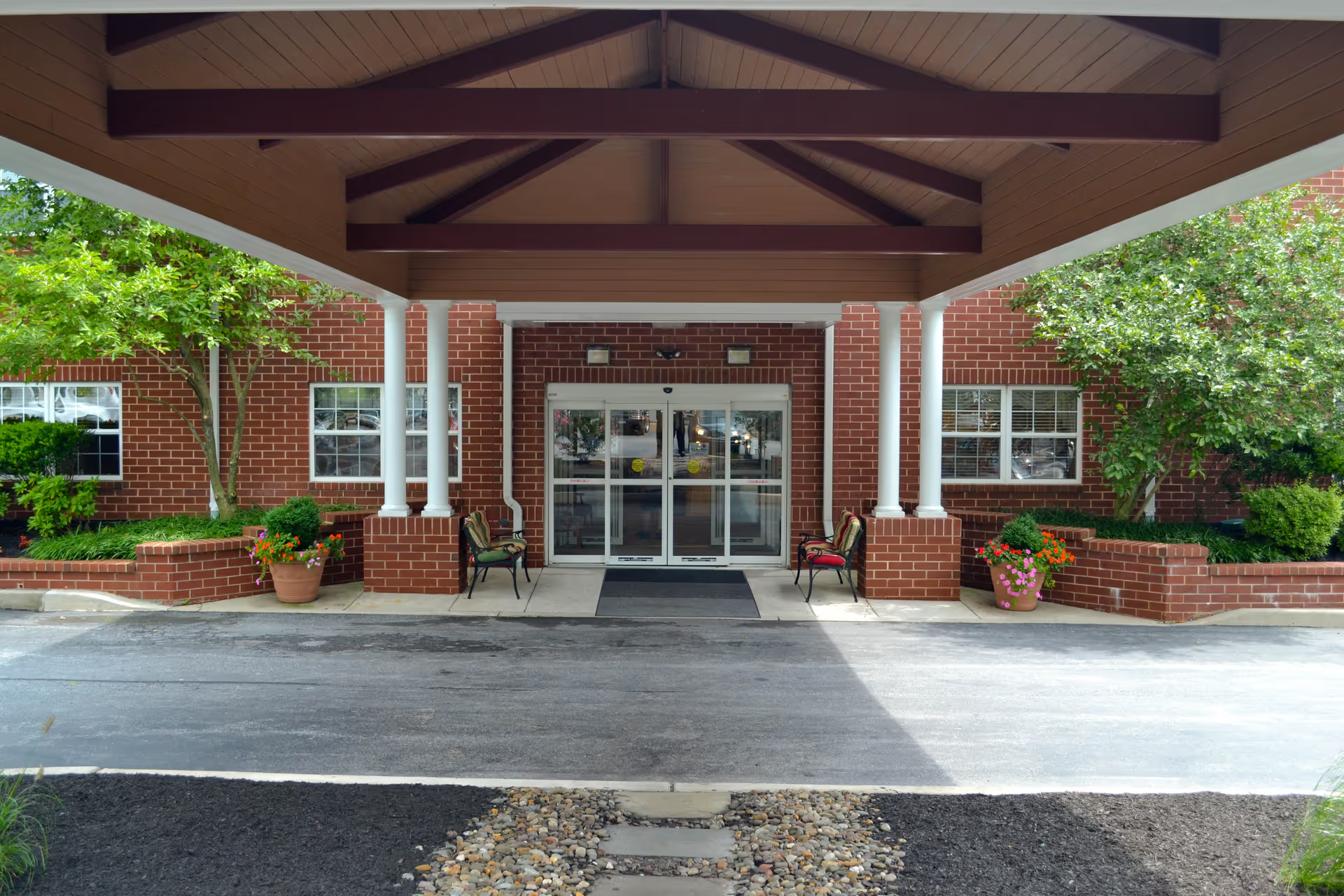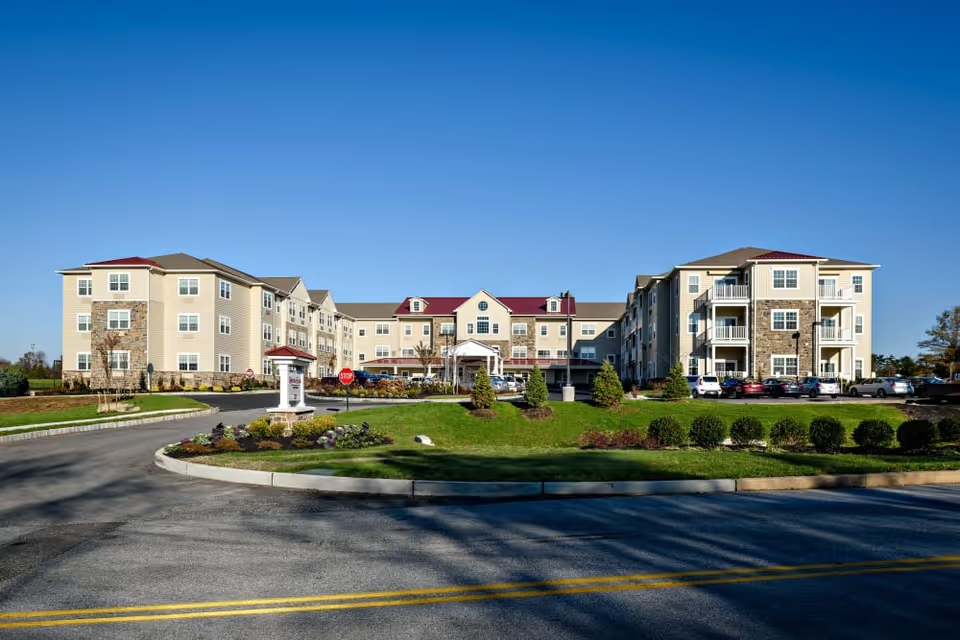The reviews for Dutch Haven Assisted Living are highly polarized, producing a mixed overall picture with strong positive praise from many family members and equally strong, alarming complaints from others. A substantial number of reviewers emphasize compassionate caregiving, an inviting, home-like atmosphere, frequent activities, and a clean dining area with meals served to residents. Conversely, another subset of reviewers reports severe cleanliness, safety, and administrative problems — including unsanitary bathrooms, mold, odors, and allegations of punitive treatment and restricted outdoor access. These conflicting accounts make it difficult to draw a single definitive conclusion and point to inconsistent experiences across residents and shifts.
Care quality and staff: Many reviews explicitly praise the caregiving team — nurses, attendants, and aides — describing them as caring, attentive, and emotionally supportive. Positive anecdotes include staff attendance at residents' funerals, compassionate end-of-life support, and personal attention that made visits feel warm and home-like. However, several reviews assert the opposite: staff neglect (failing to clean communal bathrooms or change soiled clothing), mixed staff performance, and at least one reference to an administrator with problematic behavior. The pattern indicates variability in staff performance and suggests that some residents receive excellent, personable care while others experience neglect or understaffing impacts.
Facilities and cleanliness: Comments about the facility itself are sharply divided. On the positive side reviewers note a pleasant converted building with a good layout, inviting common areas, and an aviary that adds enrichment. On the negative side there are multiple serious complaints: communal bathrooms described as dirty, presence of mold, cracks in ceilings, food-stained carpet, urine on floors, and foul odors. These are not minor aesthetic complaints — several reviews tie unsanitary conditions to increased illness risk and overall unsafe living conditions for vulnerable elderly residents.
Dining and nutrition: Dining experiences are another contentious area. Some reviewers say residents enjoy homemade meals and that the dining area is consistently clean. Others report unbalanced, low-quality menus (mentions of mac and cheese, hot dogs, and dessert every night), overfeeding, and nutrition that would be inadequate or harmful, especially for residents requiring dietary management. The coexistence of praise for meals and strong complaints about menu quality again suggests inconsistency — either across different times, different dining staff, or between individual resident reports.
Activities and resident engagement: Several positive accounts highlight a robust activity program (bingo, arts and crafts, planting) and animal-based enrichment (bird aviary), contributing to resident happiness and mental stimulation. In contrast, some reviews claim a lack of physical activities and mental engagement, reporting a punitive or zombie-like environment for vulnerable residents, particularly those with dementia. The divergent reports imply that engagement opportunities may vary by resident, room/unit, or staff shift.
Management, safety, and serious allegations: A recurring theme among negative reviews is poor administration and punitive policies. Specific allegations include residents being ‘‘grounded’’ or restricted from going outside, punitive treatment, and recommendations that the facility needs state review or shutdown. Multiple reviewers mention safety and mental health concerns — with at least one account linking the environment to a resident’s decline and death. Price is another complaint: several reviewers state the facility is expensive and not worth the cost when weighed against the reported quality of care. These are significant concerns that warrant verification through inspections, licensing records, and direct observation.
Overall assessment and implications: The reviews suggest Dutch Haven delivers excellent, compassionate care for some residents and seriously inadequate, unsafe conditions for others. The strongest consistent positives are the presence of caring staff members, a home-like setting for many, activity programming, and convenient visitation. The most serious negatives — unsanitary conditions, inconsistent staff/management, punitive restrictions, and nutrition concerns — are red flags that require objective follow-up. For prospective residents and families, these mixed reports suggest a need for careful, in-person evaluation: tour multiple units and common areas, observe meal service and hygiene practices, ask about staffing ratios and training, request recent inspection reports, and speak to several current families across different shifts. If any of the severe issues raised in reviews (unsafe sanitation, restricted outdoor access, punitive policies) appear corroborated, a report to state licensing or regulatory agencies would be appropriate.
In summary, Dutch Haven appears to provide exemplary, compassionate care in many cases, but there are repeated, serious allegations from other reviewers that cannot be ignored. Given the gravity of the negative claims, prospective residents and family members should perform thorough due diligence and follow up with regulators if they observe the unsafe or punitive conditions described in some reviews.

